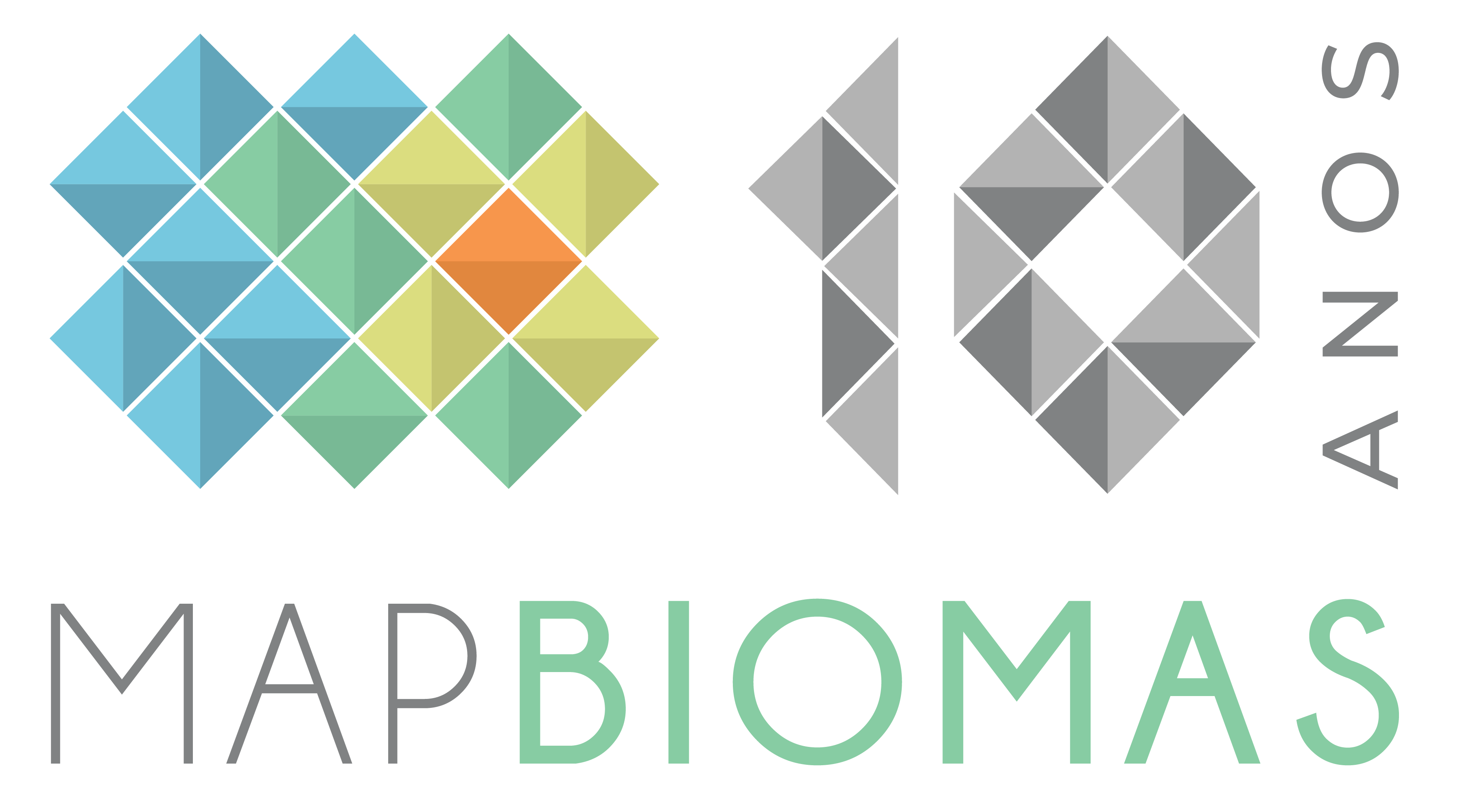
Winners of the 5th edition of the MapBiomas Award received their awards at a ceremony on the evening of Wednesday, August 16, at SESC SP – Centro de Pesquisa e Formação, in São Paulo. Alongside special guests and members of the MapBiomas team, the winners spoke and attended a festival of short films from the project, with support from SESC.
“It is exciting for me and the entire MapBiomas team, which produces maps and data in a network, in a collaborative and open way, free for everyone, to realize that so many people are dedicated to thinking about solutions for more sustainable land uses and to combat of climate emergencies”, said Júlia Shimbo, scientific coordinator of MapBiomas, in her opening speech.
The 5th edition of the MapBiomas Prize, held in partnership with Instituto Ciência Hoje, received 163 entries from 7 countries. Record number of registrations since the 1st edition, in 2019.
Orione Mendes dos Santos, from Escola Estadual Professor Benevides, in the municipality of Arinos, Minas Gerais, was the winner of the Highlight Applications in Schools category, new to this edition, with the work “The Rendering of Environmental Education From a Territorial Study Perspective”. “You, at MapBiomas, don’t just do science. You make us believe in a better future. For us, who are from a city in the interior, to reach this level here today, you have no idea how much it is having a positive impact on my life, that of my students and that of my school, which has a high level of social vulnerability”, he said. Orione.
In the Young category, first place went to Carolina B. Nunes, from UFRGS, with the work ’From the sky to the ground’: fishers’ knowledge, mapping and hydrological data indicate long-term environmental changes in Amazonian clear water rivers’. “I'm still a little in disbelief about all of this. This work is my TCC article, which I defended at the end of last year. So receiving an award of this importance right at the end of my degree is certainly a big boost for me to continue”, he commented in his acceptance speech.
Researchers from other countries also use MapBiomas data, as is the case with the runner-up in the General Category. Kathryn Baragwanath, from Australian Catholic University, spoke via video about the award-winning work: ’Collective Property Rights Lead to Secondary Forest Growth in the Brazilian Amazon’. “MapBiomas data helped our team rigorously test and understand the dynamics of deforestation and reforestation in the Amazon. This is just further evidence of the importance of ratifying indigenous lands.:”
At the end of the event, Tasso Azevedo, general coordinator, mentioned the importance of those who use MapBiomas data: “We, at MapBiomas, do not generate direct impact. Our impact is made by those who use the data. So for us, the most important thing is you who use the data. We feel fulfilled with what you do. Every time we see an application we feel fulfilled.”
The MapBiomas Award
With the aim of stimulating applications and works that use data from any MapBiomas initiative, module or product, the 5th edition awarded 8 works, for a total of R$80,000 in prizes, in addition to three honorable mentions.
In this edition, the award received 163 entries from 7 countries. The work was evaluated by a technical committee made up of experts. There were more than 50 referees and researchers who carefully evaluated the competing works.
In this edition, in addition to the General, Young, Highlighted Applications in Public Policies and Business categories, two new categories were launched: Applications in Schools and Actions to Combat Deforestation.
Those registered cited or used data from the MapBiomas Network initiatives: MapBiomas Brasil, MapBiomas Amazônia, Chaco, Bosque Atlântico, Pampa Sul-Americano and Indonesia. To understand a little more about the initiatives, visit: https://brasil.mapbiomas.org/iniciativas-mapbiomas/.
Find out more about the award and winning works here.

